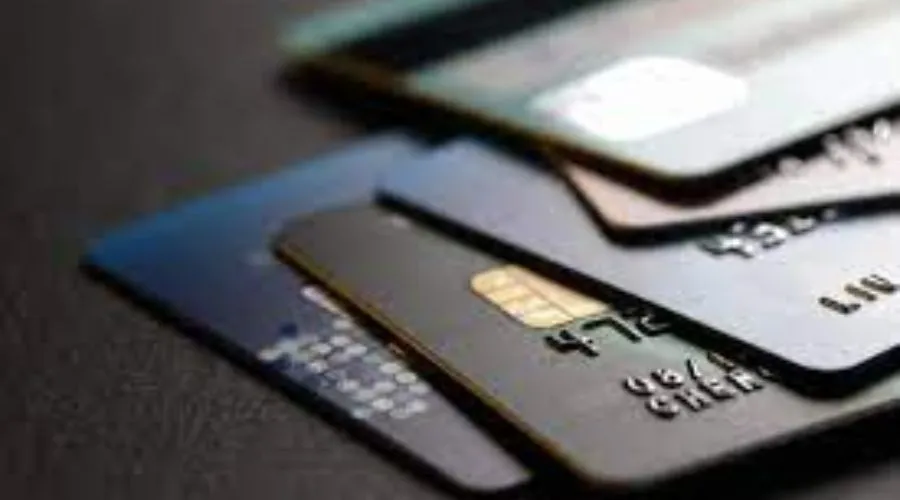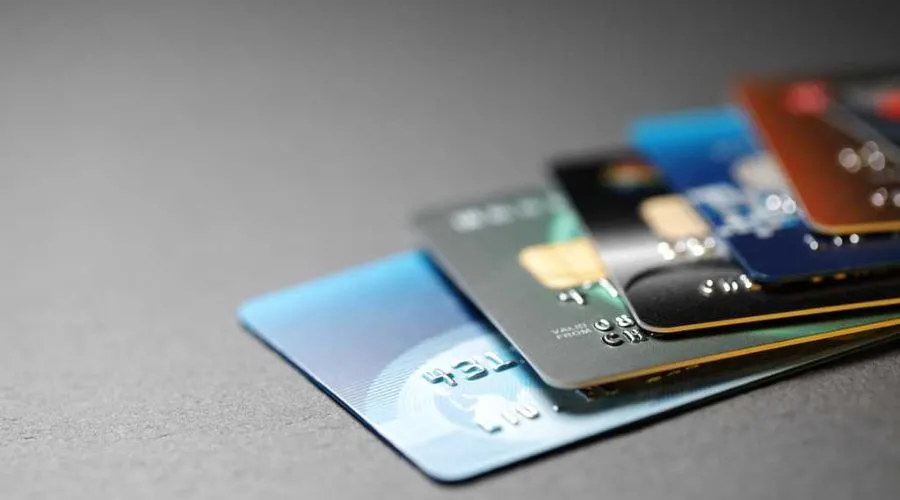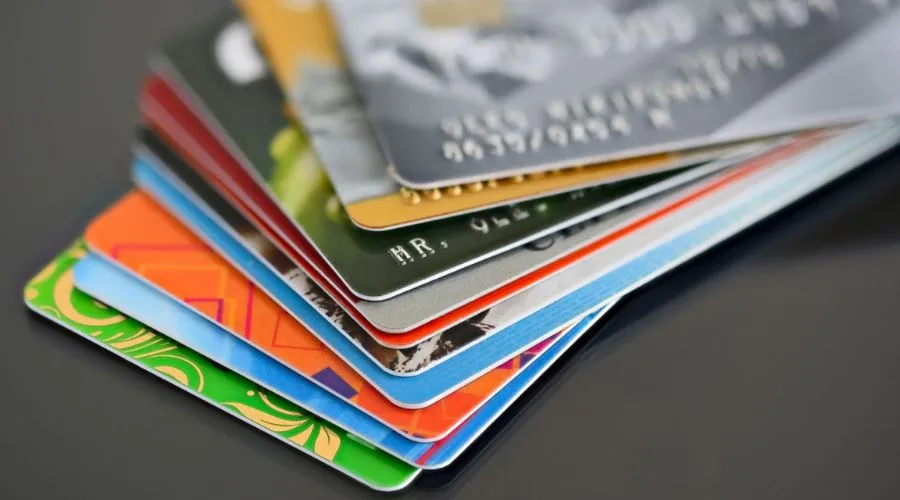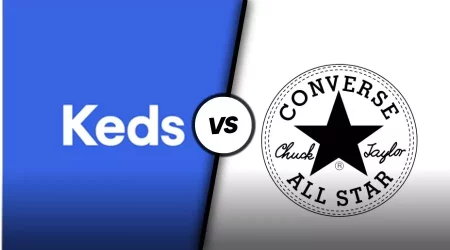If you’re interested in obtaining a prepaid USD Visa card, the process typically involves the following steps:
- Choose a Provider: Select a reputable provider that offers prepaid Visa cards denominated in USD. You may find options from financial institutions, online banks, or fintech companies.
- Apply: Complete the application process, which may involve providing personal information and, in some cases, undergoing identity verification.
- Load Funds: Once approved, load funds onto the card. This can be done via bank transfer, direct deposit, or by purchasing a prepaid card at a retail location.
- Activate: Activate your card, often by calling a designated phone number or visiting the issuer’s website. Your card will be prepared for usage after it has been activated.
- Use: Now, you can use your prepaid USD Visa card for purchases, online shopping, bill payments, and more, up to the amount loaded on the card.
Debunking the Myths: Do prepaid Visa cards count as taxable income?

The question of whether prepaid Visa cards count as taxable income is a topic of confusion for many. To provide clarity, let’s explore the tax implications associated with these cards.
-
Tax and Prepaid Visa Cards
The simple answer is no; prepaid Visa cards are typically not considered taxable income. When you load funds onto a prepaid card, it’s essentially your money being stored on the card for convenient spending. This transaction does not involve earning income, receiving a gift, or winning a prize, all of which are common scenarios that can be subject to taxation.
2. Exceptions and Considerations
While prepaid Visa cards themselves are not taxable income, there are some exceptions and considerations to keep in mind:
- Rewards Programs: Some prepaid card issuers offer rewards programs where you can earn cashback or points for using the card. In such cases, the rewards you receive may be subject to taxation, similar to credit card rewards.
- Tax Refunds: If you receive a tax refund from a government agency via a prepaid Visa card, the refunded amount is not considered taxable income. Tax refunds represent your money being returned.
- Employer Benefits: In certain situations, employers may provide prepaid cards as part of employee benefits or compensation. These cards may be used for expenses like commuting or meals. While the cards themselves are not taxable income, any funds loaded onto them by the employer may be subject to tax regulations, similar to other fringe benefits.
- State-Specific Regulations: Taxation rules can vary by jurisdiction, and some states may have specific regulations regarding prepaid cards and their use. It’s advisable to consult your state’s tax agency or a tax professional if you have concerns about state-specific taxation.
3. Record-Keeping and Reporting
While prepaid Visa cards themselves may not be taxable income, it’s crucial to maintain accurate records of any income or rewards you earn through the card. If you participate in a rewards program associated with your prepaid card, keep track of the value of rewards received, as this information may be needed for tax reporting purposes.
Where can I use my prepaid USD Visa card?

One of the advantages of prepaid Visa cards is their widespread acceptance. You can use your prepaid USD Visa card at:
- Retail Stores: Make purchases at physical retail locations, including supermarkets, department stores, and convenience stores.
- Online Retailers: Shop online at your favorite e-commerce websites, just like you would with a traditional credit or debit card.
- Restaurants and Cafes: Pay for meals and beverages at restaurants, cafes, and fast-food establishments.
- ATMs: Withdraw cash from ATMs, although keep in mind that ATM withdrawals may incur fees.
- Travel Expenses: Use your card for booking flights, hotels, rental cars, and other travel-related expenses.
What are the ATM fees for a prepaid USD Visa card?

While the Revolut Prepaid USD Visa Card offers unparalleled convenience, it’s essential to be aware of potential fees associated with ATM use. Common fees for prepaid cards, including the Revolut card, include:
- ATM Withdrawal Fees: Using an ATM to withdraw cash may incur fees, which can vary depending on the card provider and the ATM operator. Revolut often provides a certain monthly allowance of fee-free ATM withdrawals, but fees may apply after exceeding that limit.
- Currency Exchange Fees: When using your Revolut card for international ATM withdrawals, currency exchange fees may apply. Revolut often offers favorable interbank exchange rates up to a specific limit before fees are imposed.
How do I cancel my prepaid USD Visa card?
If you decide to no longer use your prepaid USD Visa card, you can typically cancel it by contacting the issuer’s customer service. Keep in mind that some issuers may charge a fee for card cancellation, so review the terms and conditions provided by your card provider.
Conclusion
The Revolut Prepaid USD Visa Card stands as a symbol of financial convenience and freedom. Fortunately, for the majority of cardholders, this financial tool does not translate into taxable income. However, it’s crucial to remain informed about potential exceptions, such as rewards programs or employer-provided cards, and to maintain accurate records when necessary. By understanding both the tax implications and practical aspects of the Revolut Prepaid USD Visa Card, you can fully enjoy its benefits while ensuring fiscal responsibility and peace of mind. For more information, visit Savewithnerds.













